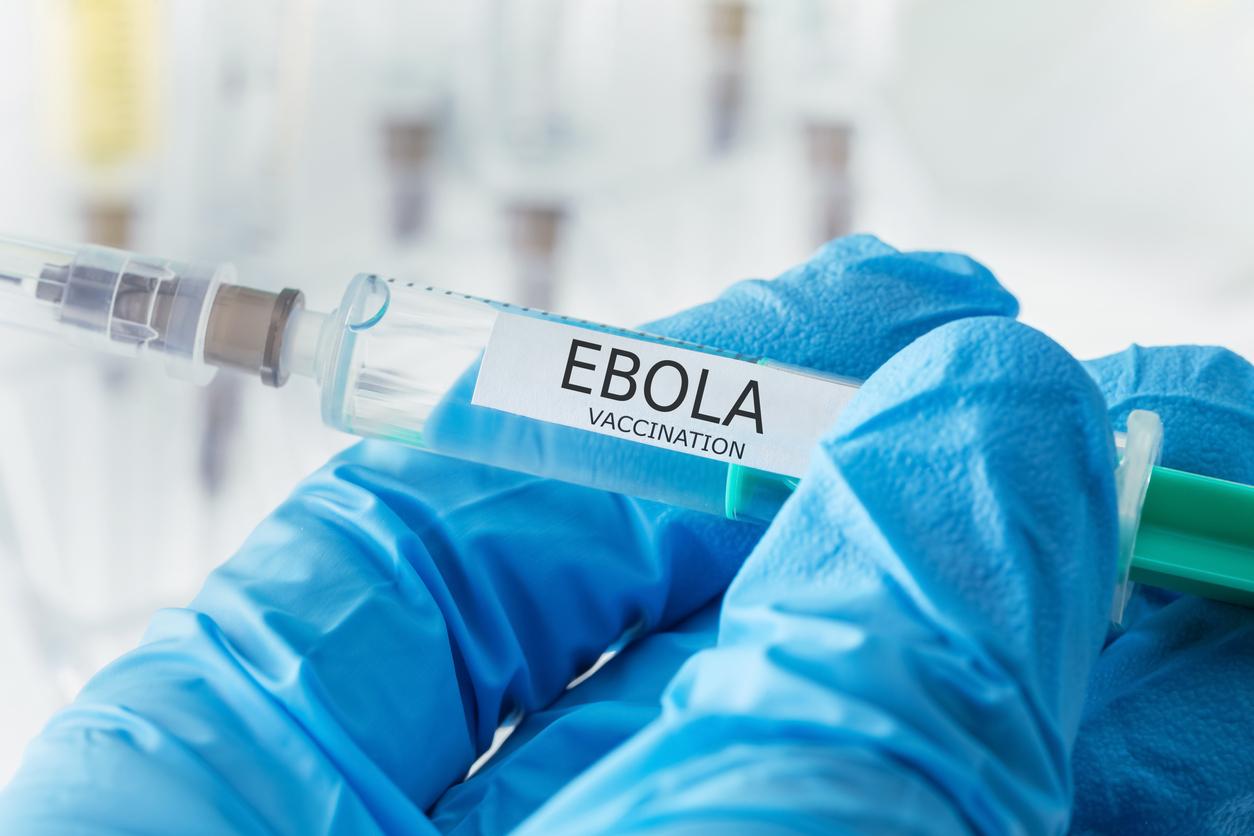At the end of last week, the surgeons, anesthesiologists and resuscitators of the Bichat hospital (Paris) sent a letter to the boss of the AP-HP (Martin Hirsch) to express their concern about the management of the cases. Ebola suspects. A letter in which the doctors of one of the 12 Ebola referral hospitals speak of “structural deficits”, “major organizational difficulties”, and the impossibility “of ensuring an appropriate and sufficient level of care for patients contagious”. Doctors also denounce “the lack of preparation, training and training of caregivers to take care of this type of patient.”
Faced with this concern, the Minister of Health reaffirms that “we are ready to take care of a possible patient if the situation arises”.
It has also just announced that in the next eight days there will be a full-scale exercise carried out in all the emergency services in France, in conjunction with these specialized services. “That way we can see if there are things to improve in certain places,” she said.
Healthcare workers have paid a heavy price since the start of the Ebola epidemic, which has already killed more than 4,500 people. In the African countries where the virus is rampant, there have been nearly 400 cases and more than 200 deaths among them.
In the United States, where two nurses were contaminated by the patient they were caring for, the Center for Disease Control (CDC) has just asked all caregivers to wear full equipment so that not a single centimeter of skin be exposed. Gear recommendations are now as follows:
– Double gloves
– Boot covers that go up at least mid-calf
– A single-use wetsuit or raincoat
– A single-use full face shield
– A waterproof apron that covers the torso if the patient has vomiting or diarrhoea.


















